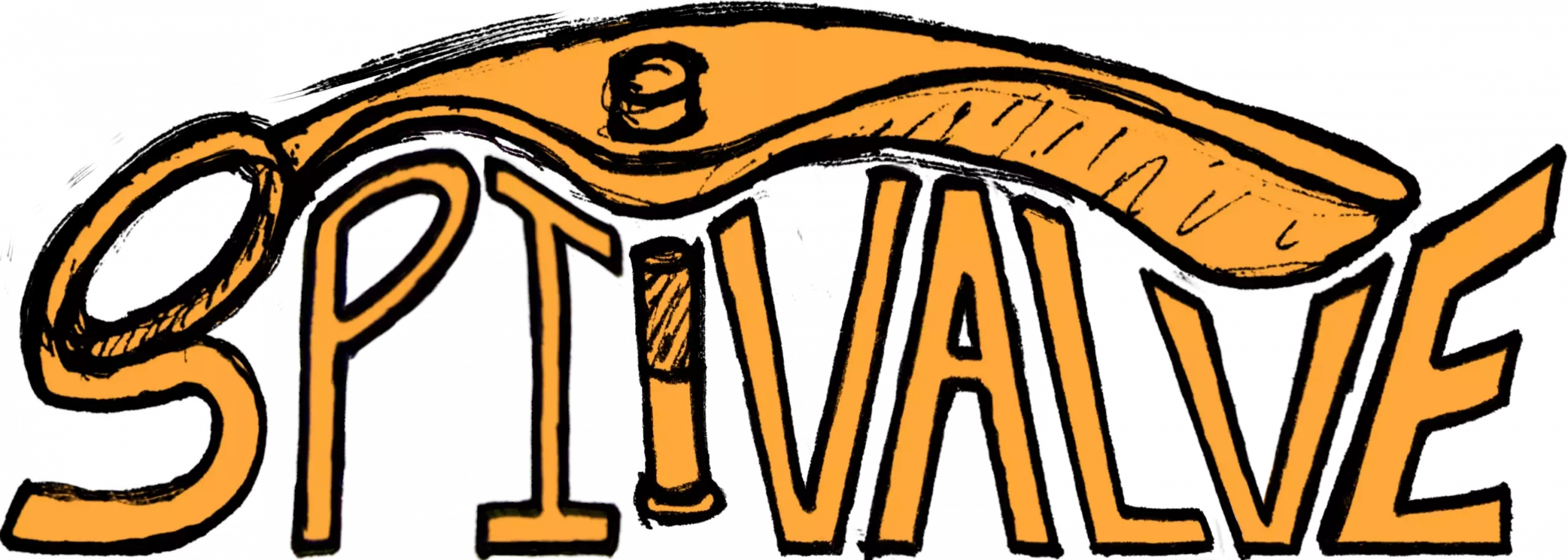Wasn’t Frankenstein already the electronica Lazarus?

Cutting straight to the chase: if you like new Bonobo, but have been a hardcore fan since the early days, you’re about to get your brain melted in the best way. Lazarus is part of the soundtrack for its namesake, an anime series written by Shinichirō Watanabe. I write this as I take my fifth listen of the album, with my Saturday morning coffee. It’s a sunny morning, and the music is dovetailing perfectly with the woodland view from my garden.
As an avid fan of the electronica producer, what strikes me most about Lazarus is the blend of his current sound with a nod to his old sound, which most assumed he’d departed from entirely. Perhaps it’s the freedom that comes with writing a soundtrack: the pressure to reinvent isn’t front and centre, so there’s room to revisit familiar ground while framing it in a new light. A tasteful acknowledgment, as opposed to a retreat.
Lazarus feels like a conversation between past and present selves, where each end of that spectrum influences and evolves the other. The textures and atmosphere are unmistakably from the current Bonobo toolkit, but the foundations nod to something more familiar. Bonobo has a cult fan base — one that I’m sure yearns for early Bonobo, as much as it thrives on lapping up fresh material. Very rarely do fans get such a treat of both in one dose.
Sonically, Lazarus feels like a world built from decaying tape and digital dust, where each sound has texture and character. The detuned mallets and saturated keys are a staple of modern Bonobo, and here they’re woven into evolving arrangements that gently morph as they progress. Even the more ambient, beatless tracks never sit still — melodies loop but shift subtly in shape and form, almost as if they’re alive and communicating with each other.
There’s a richness to the stereo field: sounds bloom outward, wrap around you, retreat and reappear. Glitches and artefacts are used tastefully — not as effects for the sake of it, but as a way of giving the music an otherworldly quality. The use of woodwinds is exquisite, at times drifting in as layered, textured drones, and at others as soaring leads which lift a track into flight. It’s a record full of contrasts: saturated yet soft, synthetic yet organic, structured yet free. It’s the sound of an artist completely in control of his palette — exploring nuance rather than novelty.
Structurally, Lazarus ebbs and flows, drifting between ambient, peaceful moments that range from mysterious and dystopian, to comforting and warm — and explosive passages which evoke a beautiful storm. Opening spaciously, Prologue blends into Northport, a chillstep-leaning track built on a bed of found-sound percussion.
Rippling arrives right on time as track three, bursting into that aforementioned beautiful storm — raw and euphoric, with crunchy processed drums. Angeles marks the clearest return to Bonobo’s downtempo roots, driven by weaving woodwinds and a bouncing 80 bpm groove which recalls classic material. Rings, another standout, reintroduces the harp textures heard on Fragments, as quirky melodies interlock with saturated synths, while modular percussion and field recordings grow into something further, blooming like a spring garden.
That soundscape sets the tone for Landfall, a track that originally appeared as a Japanese bonus on Fragments, but here feels central. It encapsulates the album’s blend of ambience and movement in one elegant sweep.
While there’s not space to touch on every highlight, it’s worth noting the sublime vocal features from Nicole Miglis and Jacob Lusk — the latter lending a bluesy, haunting presence to Dark Will Fall.
As my fifth listen concludes, I’m still hearing new things — and if I know Bonobo, that’ll still be happening after a hundred. Few artists can deliver something so delicate and subtle, yet quietly powerful. The crossover between old and new sounds feels like a gift, and as a long-time fan, I’m just grateful — and excited to see what else this record reveals. 9/10.
